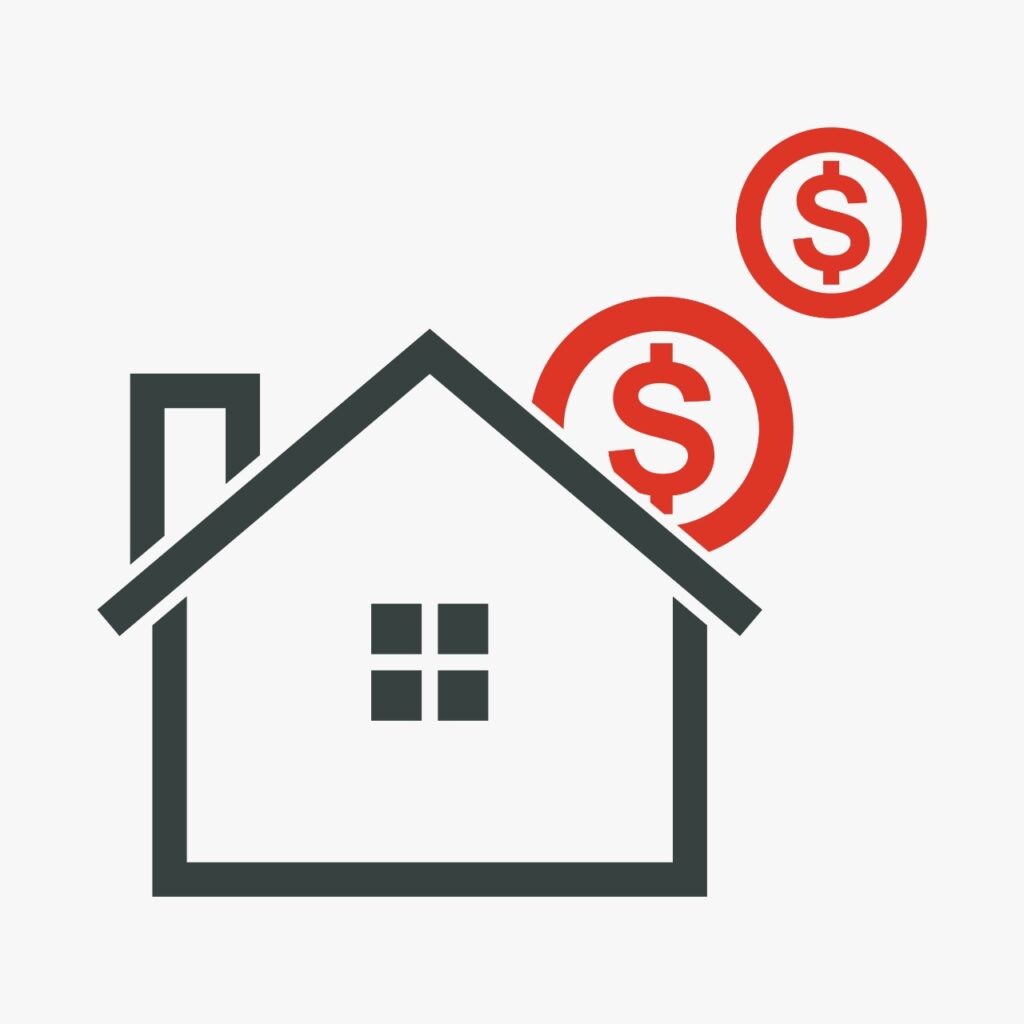which type of life insurance policy generates immediate cash value? in this blog we explain it to you
How does cash value life insurance work?
Life insurance with cash value is a type of permanent life insurance that includes an investment feature. It is the part of your policy that earns interest and may be withdrawn or borrowed in case of emergency
WHY DO CASH VALUE LIFE INSURANCES WORK?
Permanent life insurance policies typically offer two features:
A death benefit is an amount paid to a beneficiary when the insured dies
Cash value is an optional feature that can make your policy more valuable while you are alive
When you purchase a cash value life insurance policy, a portion of the premium goes toward insuring your life (the face value), while another part increases the cash value. A cash value can be a quick source of money in an emergency.
HOW DO I GET THE CASH VALUE OF MY LIFE INSURANCE?
Here are a few ways you can access the cash value of your policy:
Take a withdrawal.
According to Kiplinger*, you can make a tax-free withdrawal up to the amount of the cash value portion of your policy. Your withdrawals over that amount will be taxed as income. According to Kiplinger, the death benefit is reduced by the amount you withdraw.
Get a loan.
Usually, you can borrow up to the cash value of your policy (which would include the portion of your paid premiums that have been designated for the cash value account, along with any interest accrued).
In the opinion of the American CPA Institute*, the loan is not considered taxable income. However, if you die before paying off the loan, the outstanding amount is deducted from your death benefit. Nevertheless, interest accrues on your debt until you pay it off, which reduces your policy’s death benefit
Policy waiver.
By waiving your policy, you are canceling it (you will no longer be covered by life insurance). According to Kiplinger, you will receive the account’s cash value less any unpaid loans or premiums.
Cash value should be used for premiums.
If you don’t have enough money, you can stop paying premiums and instead allocate your policy’s cash value to cover them. Nonetheless, if you deplete the cash value account entirely, your policy can lapse, leaving you without life insurance coverage.
An emergency savings account in a life insurance policy can be comforting. Although personal situations are unique and details of obtaining cash value funds are complex, it’s probably best to speak with an insurance agent to determine which option is right for you.
Cash value of a life insurance policy
In essence, cash value life insurance is a living benefit from which policyholders can draw funds. A life insurance policy’s net cash value is what you’ll receive when you cancel it. You can calculate the cash value by subtracting all fees, surrender charges, and outstanding loans against the policy.
You can access the value of most permanent life insurance policies immediately, but doing so will usually reduce your death benefit.
Depending on your premiums, this may or may not be true of universal life policies. You can access this cash in a number of ways.
The surrender value of an account is the amount of cash you can get when you subtract the surrender charge from it. In other words, the policy is canceled:
As a result, you will not have to make premium payments, the death benefit will not be active, and your insurance company will pay you a lump sum.
Other options are available if you want to keep your policy active without losing the death benefit. You can take a loan out or surrender part of your policy. A partial surrender will reduce your death benefit overall; a loan will not, as long as it does not result in the cancellation of your policy, but it will reduce the total benefit available. Some insurance policies do not permit cash withdrawals in the manner described above.
READ ALSO
do red cars cost more to insure
how do i know if i have gap insurance




